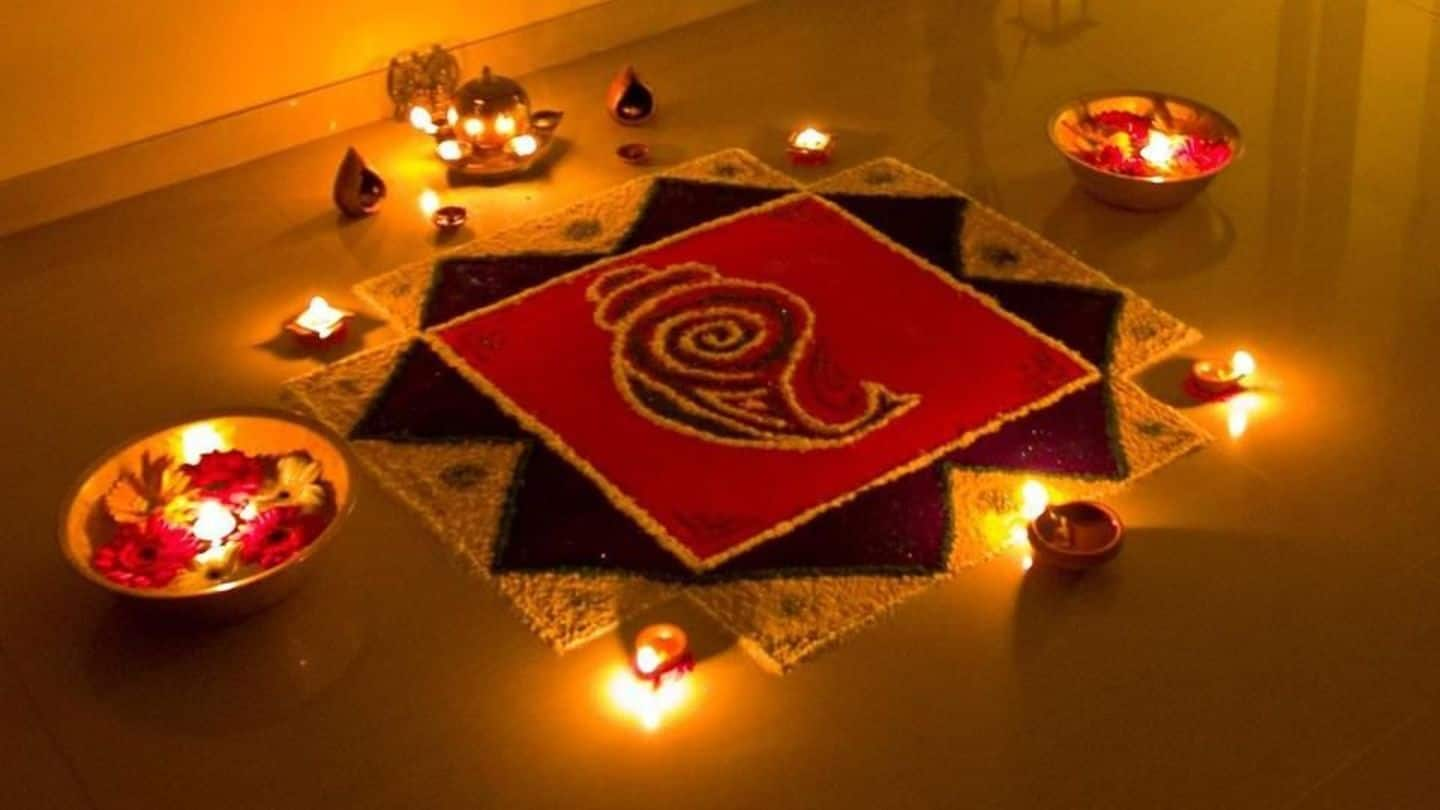
Despite cracker ban, Delhiites should brace for a polluted Diwali
What's the story
Despite the SC ban on firecrackers, Delhiites should brace for a very polluted Diwali.
Several factors are at play: weather conditions, loopholes in the court order, flouting of norms and stubble burning in neighboring states.
To keep a check on air quality, the administration enforced a Grade Response Action Plan two days ago.
But will it help? We examine the scenario.
Weather
Slower surface winds will hinder dispersal of pollutants
To start with, the IMD has predicted bad weather this Diwali: a low-pressure area over the Bay of Bengal will intensify into a depression in the next days. It will then move towards Andhra.
This system "will restrain the prevailing North-Westerly winds and slow down the surface winds in Delhi-NCR".
It will, in turn, affect dispersal of pollutants.
A SAFAR report complemented IMD's forecast.
Order
The SC ban wasn't very well thought out
People also found several loopholes in the cracker ban, the main being that buying in NCR, and not bursting, has been banned.
So many procured crackers from neighboring markets like Aligarh and Mathura. Some are turning online to get their share of firecrackers.
Meanwhile, many Delhiites have said they have crackers left over from previous celebrations.
Do you know?
Improper implementation led to suspensions, seizures, arrests
Despite the ban, traders, who are staring at losses worth crores, have been caught trying to sell crackers on the sly. Delhi Police have seized 170kg of crackers from Shahdara. Two cops have been suspended for failing to enforce the ban in their beat areas.
Stubble
Helpless low-income farmers in neighboring states are contributing
Meanwhile, farmers in neighboring states have already begun burning agricultural stubble. Every year, millions of tonnes of stubble are burnt around this time, contributing significantly to Delhi's deteriorating air quality during Diwali.
NASA images have shown red dots (fire) across Haryana and Punjab.
Though the NGT banned the practice in 2015, it is often more feasible for poor farmers than cutting the stubble.
Status
Air quality has started declining drastically even before Diwali
A day ahead of Diwali, air quality in Delhi clocked "very poor". PM 2.5 levels (in micrograms per cubic meters) were alarming: Anand Vihar (244.85), DTU (218), NSIT Dwarka (185), Punjabi Bagh (163) and ITO (116).
The safe limit for India is 60.
On Diwali night and later, air quality is expected to turn "severe", or even touch "emergency" levels.